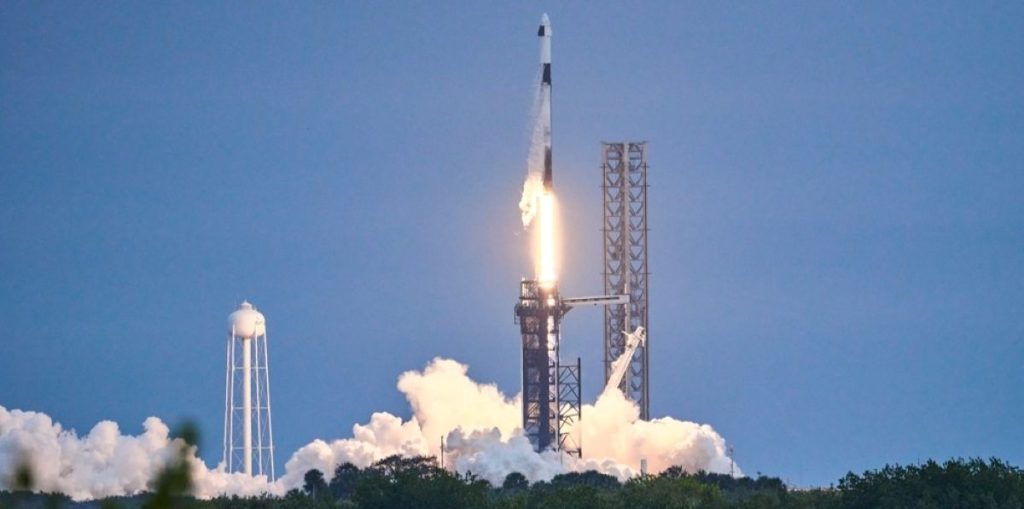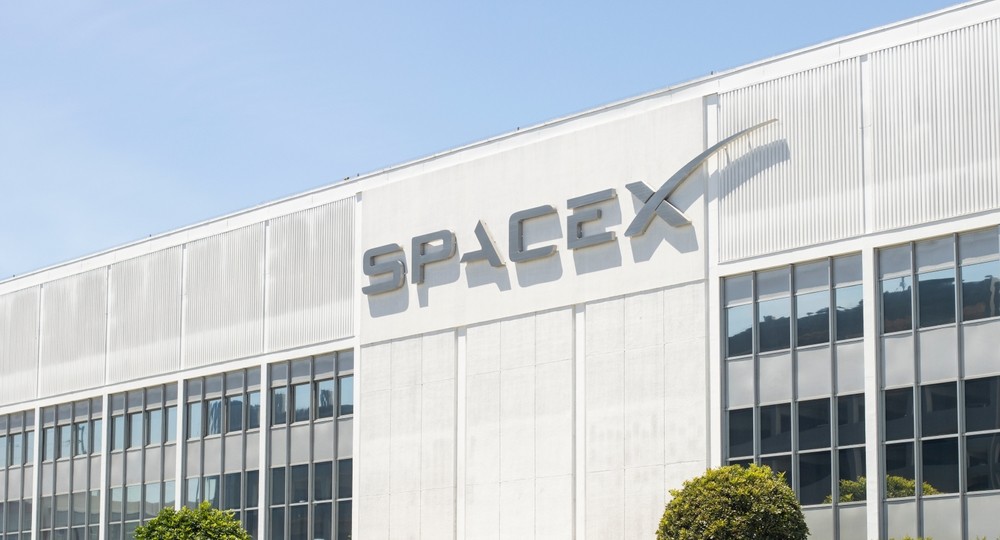The discovery has sparked alarm and curiosity about the unforeseen consequences of space exploration.
Others are reading now
The discovery has sparked alarm and curiosity about the unforeseen consequences of space exploration.

In a newly revealed scientific analysis, researchers say that a SpaceX Starship rocket explosion in 2023 caused a never-before-seen phenomenon: it ripped a hole in the ionosphere, a critical layer of Earth’s upper atmosphere.
A Mid-Air Blast at 93 Miles Altitude

The Starship rocket, on its second-ever flight, exploded mid-air just four minutes after stage separation.
The self-detonation occurred 93 miles above Earth, deep within the ionosphere, the region responsible for radio signal transmission and satellite communications.
Also read
Scientists Say the Sky Was Literally “Broken”

According to lead researcher Yury Yasyukevich from the Russian Academy of Sciences, the explosion sent a massive shockwave into the upper atmosphere, strong enough to disrupt the electrons and plasma in the ionosphere.
The result: a temporary “hole” in the sky, a first-of-its-kind man-made event.
A Rare Opportunity to Study the Ionosphere

The shockwave anomaly gave scientists a unique opportunity to observe how the ionosphere reacts to sudden, extreme disruptions.
The hole reportedly lasted 30 to 40 minutes before “stitching itself back together,” according to researchers monitoring the event.
Musk’s SpaceX Called Out for “Breaking the Sky”

While Elon Musk’s ventures have changed the space industry, this particular mission was widely seen as a failure.
Researchers emphasized that unlike typical atmospheric holes caused by fuel chemistry, this one was purely the result of physical force, a massive detonation wave.
No Lasting Damage, But Serious Implications

Though the incident caused no apparent long-term harm, scientists say it raises new concerns about the environmental and electromagnetic risks of upper-atmosphere explosions.
As launches increase in scale and frequency, so do the unknowns.


